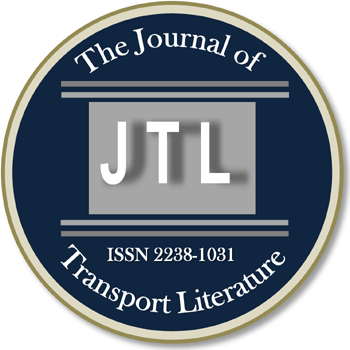This paper investigates the regulatory aspects of exploiting Brazilian public airports under private regime. The proposition is that the essential difference between leased and permit grants is the level of regulatory intervention by the Government, which then determines the legal regime to which the airport exploitation is predominantly subject to. The descriptive and exploratory methodology used is based on previous literature on airport exploitation. The results indicate that airports exploited predominantly under private regime, that is, those granted permits, are generally subject to a lighter regulatory intervention than those exploited under public regime, which are granted a lease, hence the level of necessary regulatory intervention is the main criterion for determining which type of grant shall be used for a certain airport. The conclusion also indicates that the level of regulatory intervention to which an airport is subject will depend on the value of use to the collectivity that its operations generate. The optimal granting policy is an ideal combination of types of grants directly related to the diversification of the airport services and the different levels of regulatory intervention that they require.
public airports; private airports; leased grants; permit grants; airport exploitation
